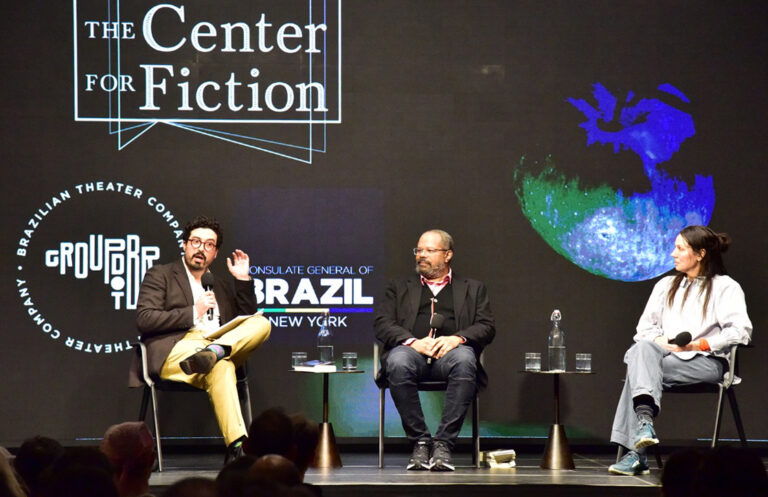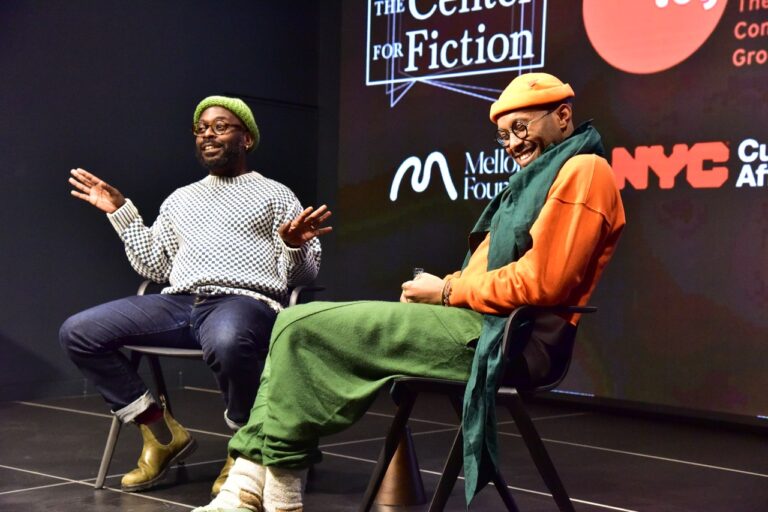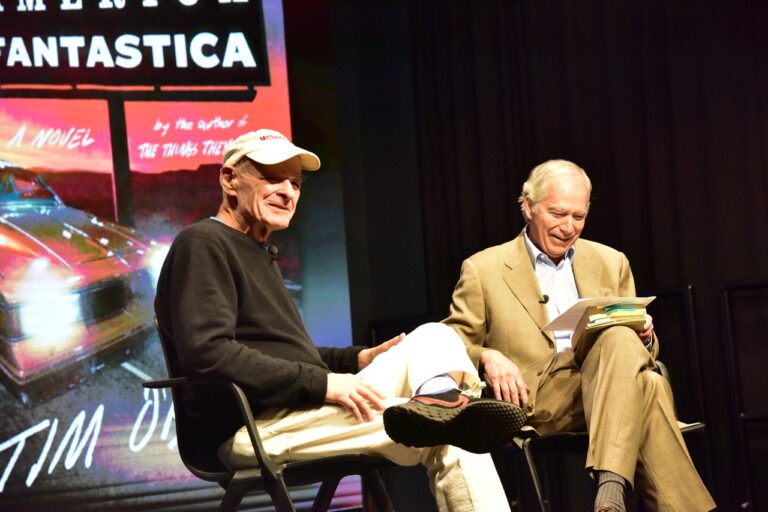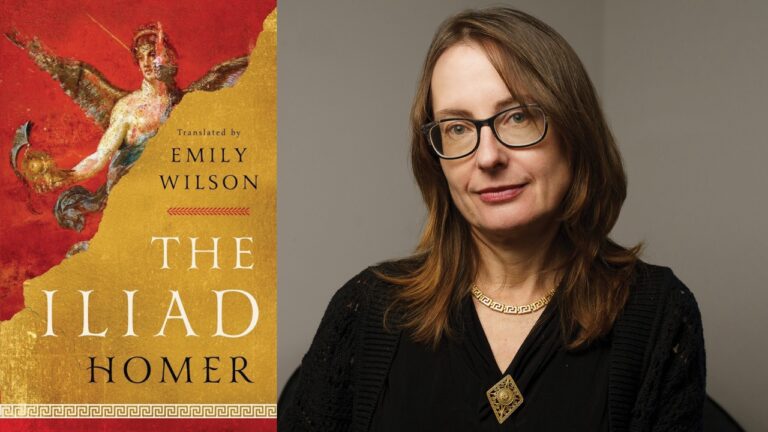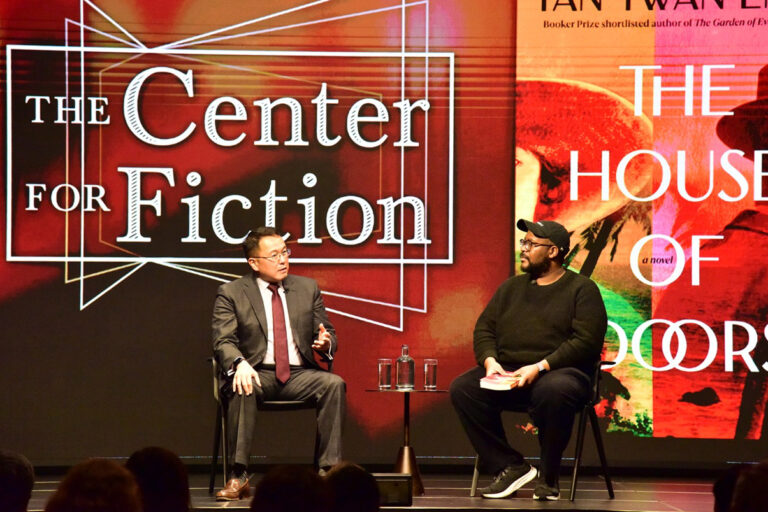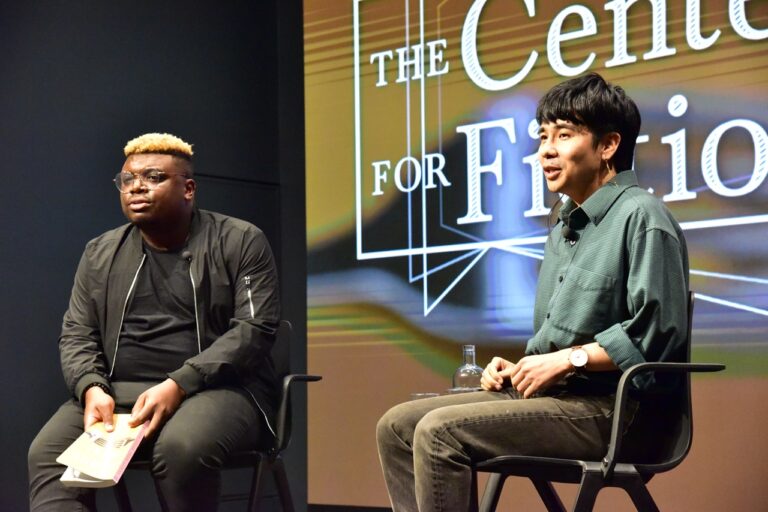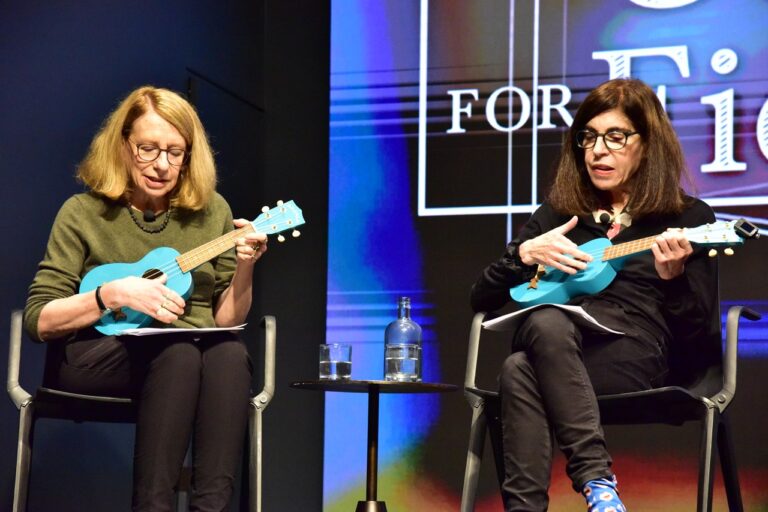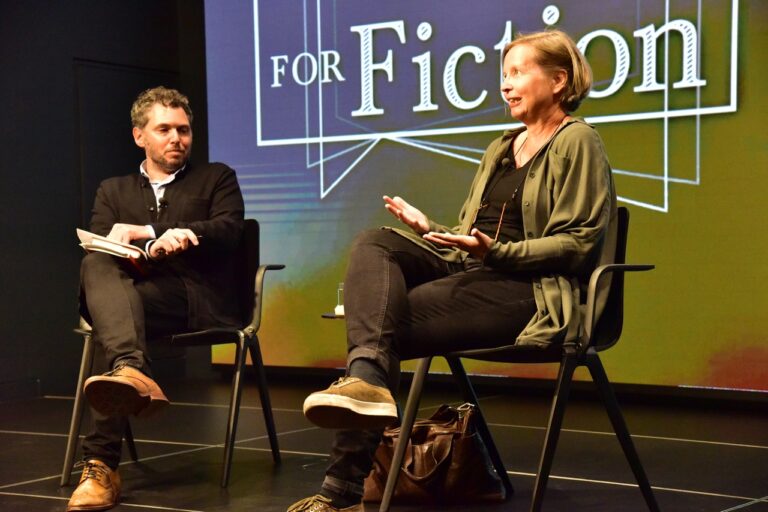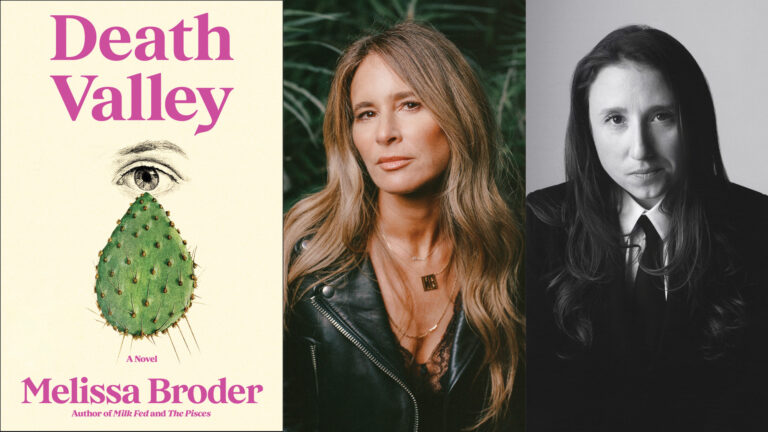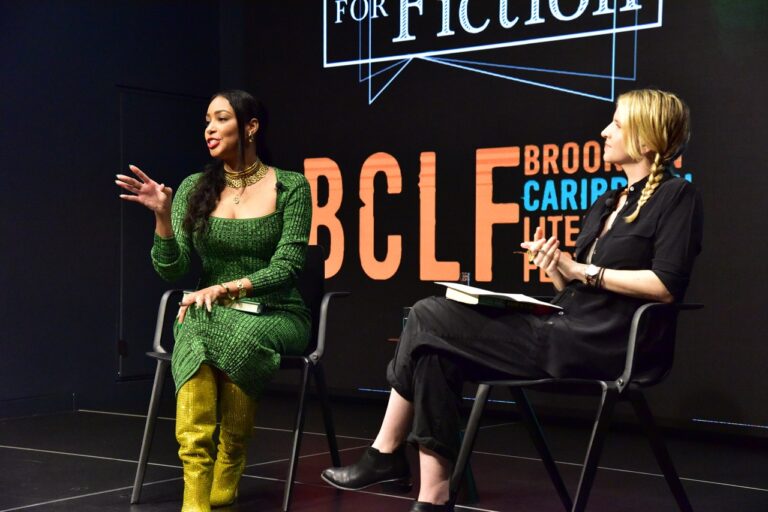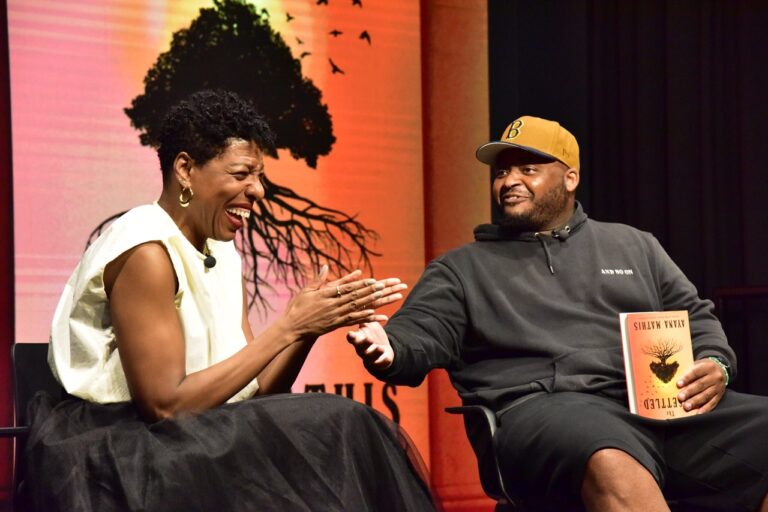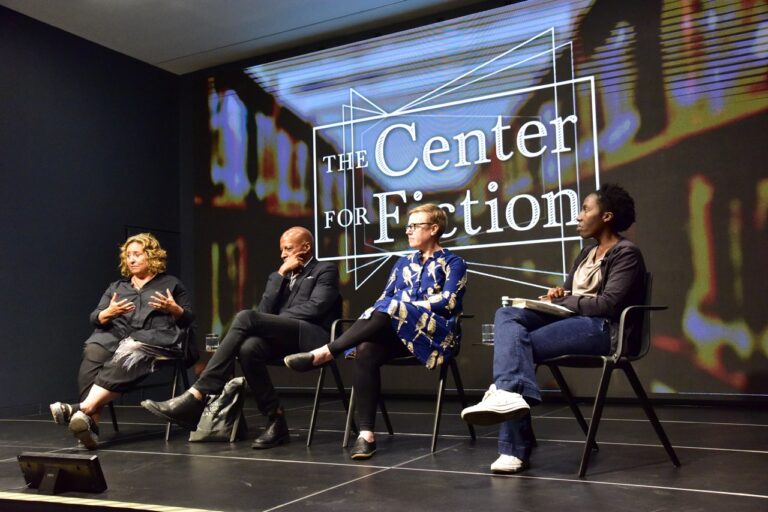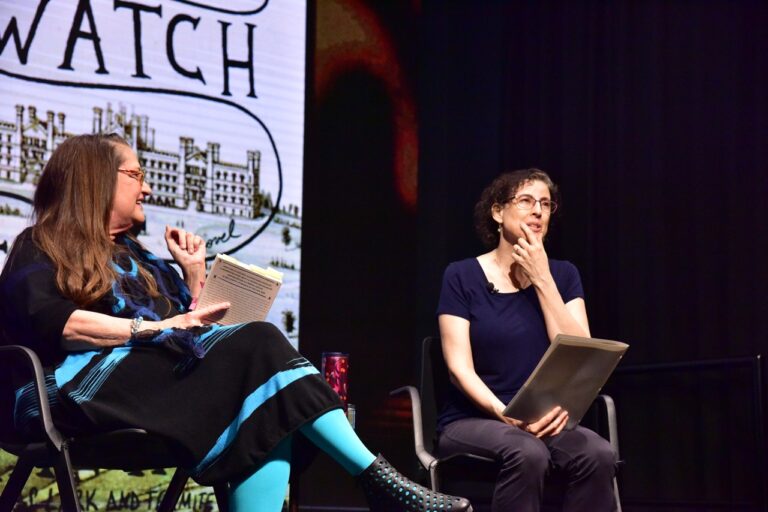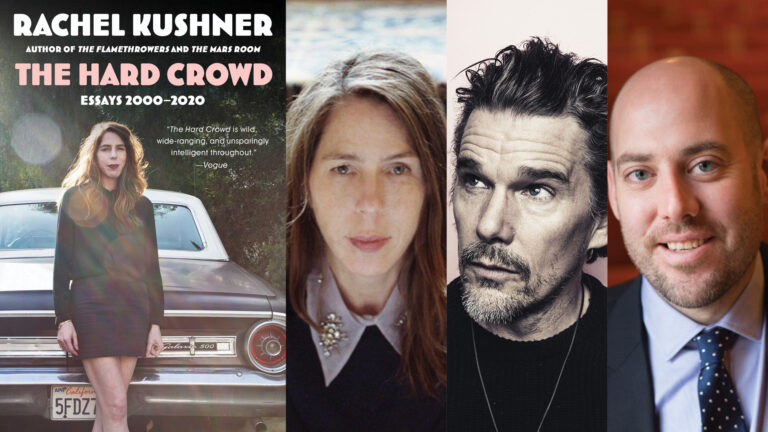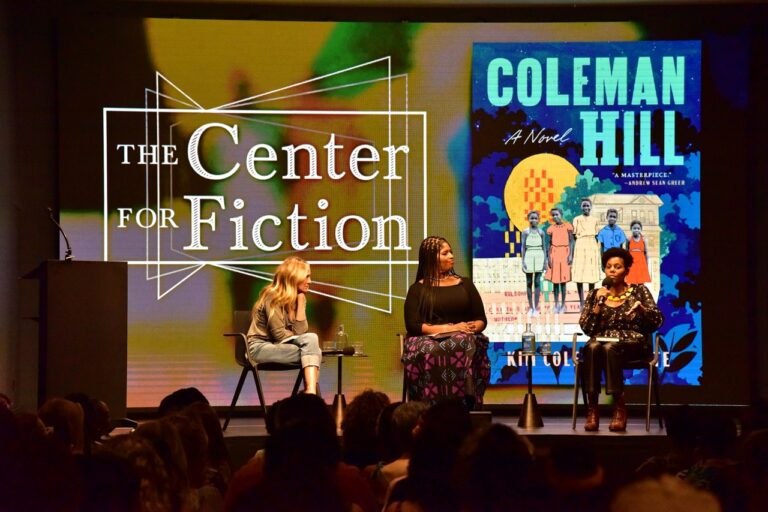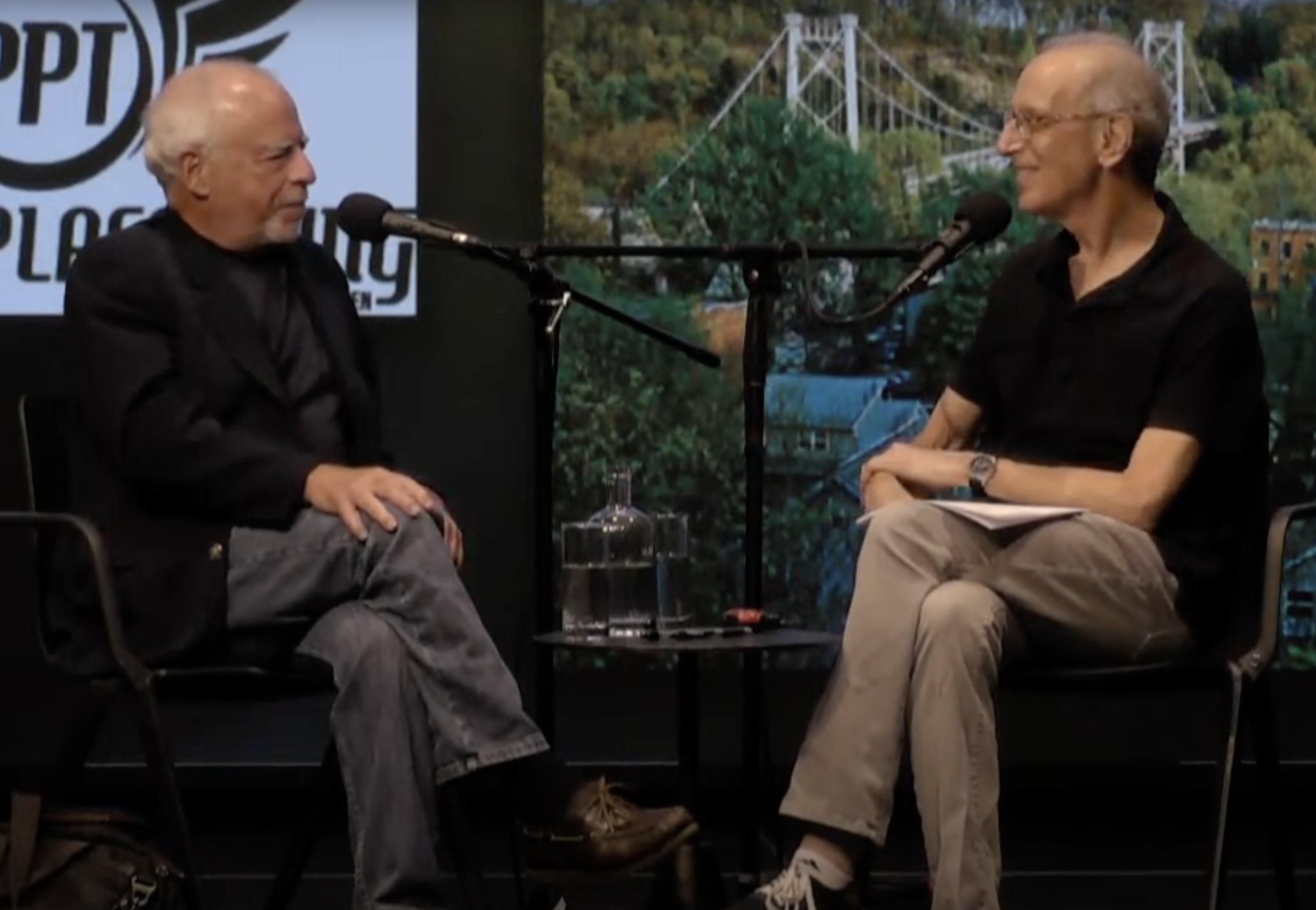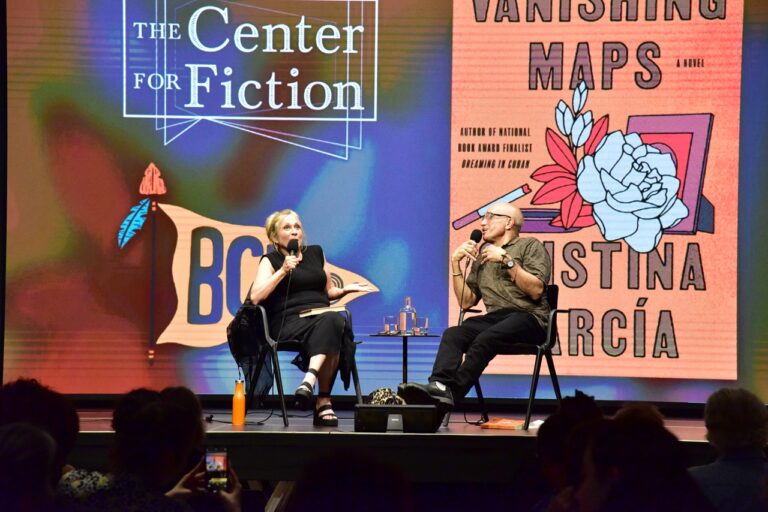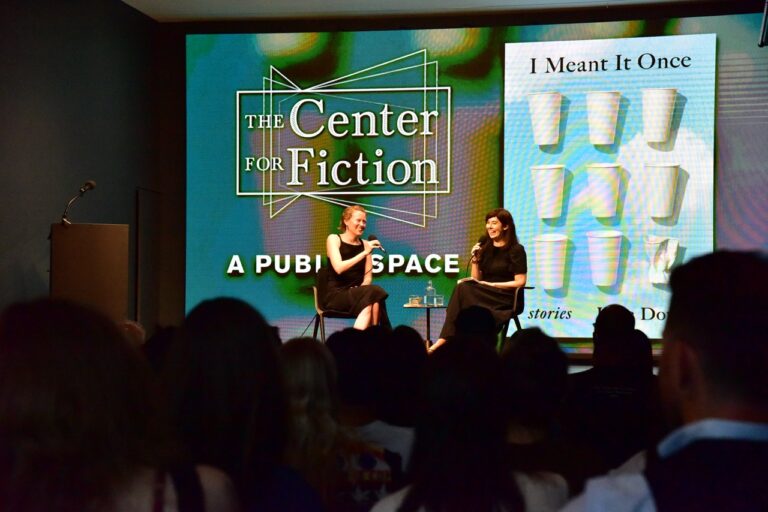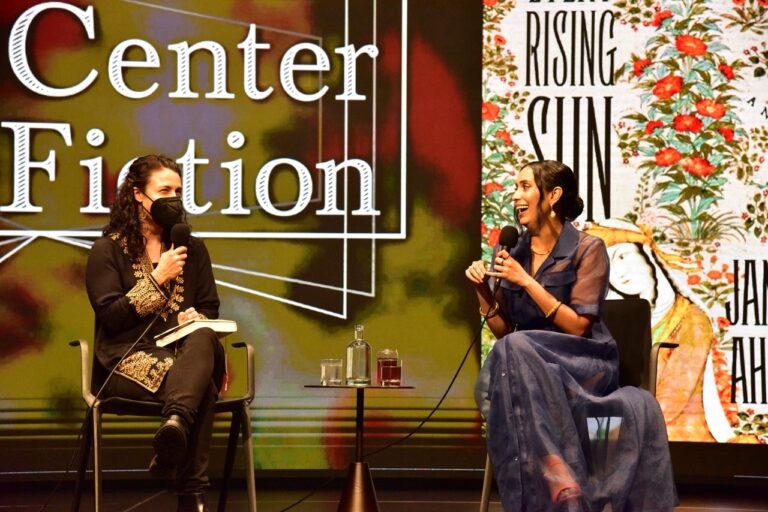How can storytelling contend with the legacies of resource extraction, toxic industries, and systemic disenfranchisement? How can storytellers bear witness to or memorialize or relay stories about the places and people harmed by such legacies, legacies that continue to manifest with each passing day? How can storytelling address the broader psychological, social, emotional, and cultural landscapes of such contested ecologies? This panel discussed the possibilities and limits of environmental stories, how they are taught and created, and whose voices are elevated and whose are not.
A Brooklyn Book Festival Bookends panel, co-sponsored by Orion magazine and The Center for Fiction.
Featuring
-
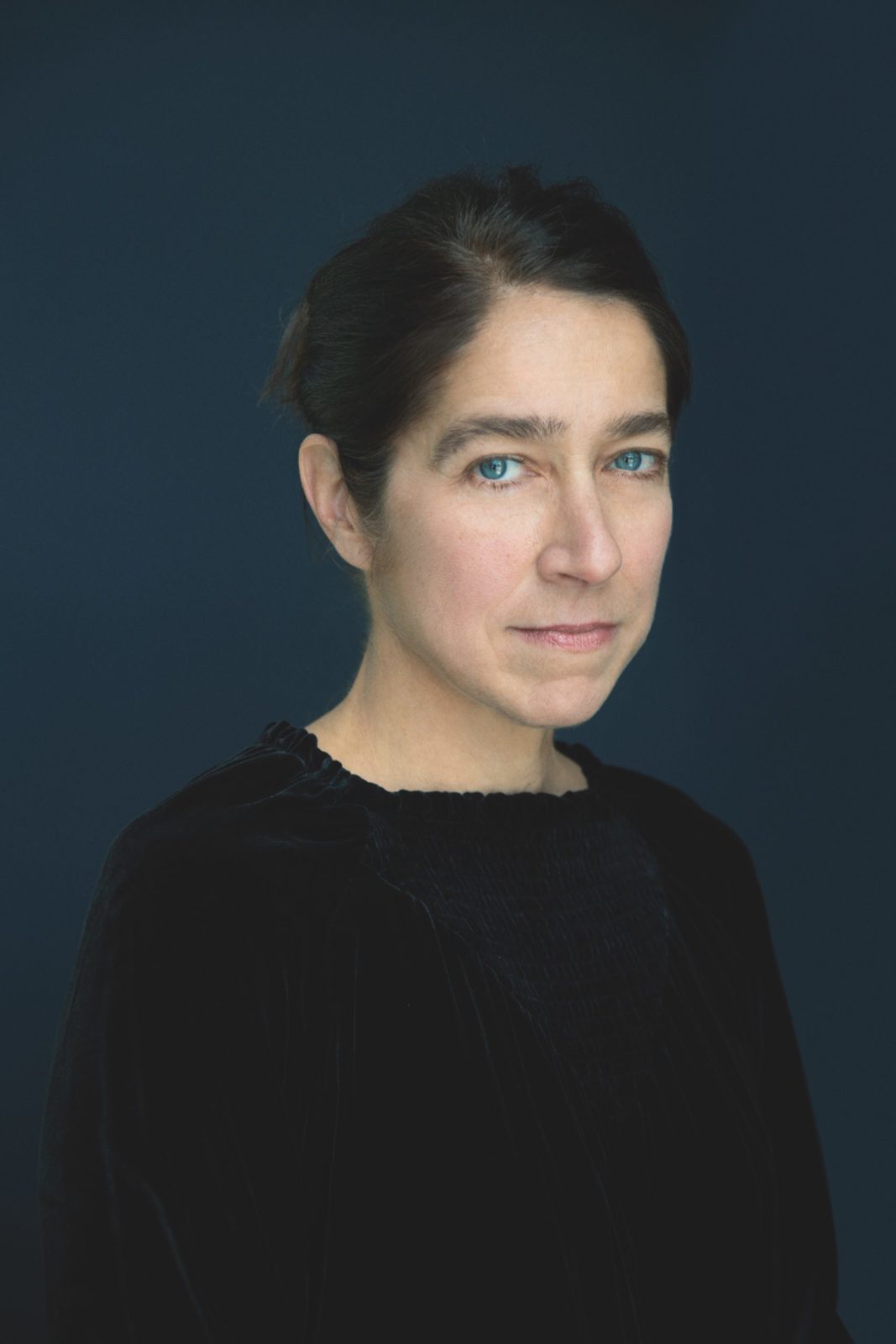
Kerri Arsenault
Kerri Arsenault
Kerri Arsenault is book review editor at Orion magazine, teacher, book critic, and author of Mill Town: Reckoning with What Remains, which won the Rachel Carson Environment Book Award and the Maine Literary Award, and was a finalist for the National Book Critics Circle Leonard Prize. Her work has appeared in Freeman’s, the Boston Globe, Down East, the Paris Review Daily, the New York Review of Books, Air Mail, and the Washington Post.
Photo Credit: Erik Madigan Heck
-
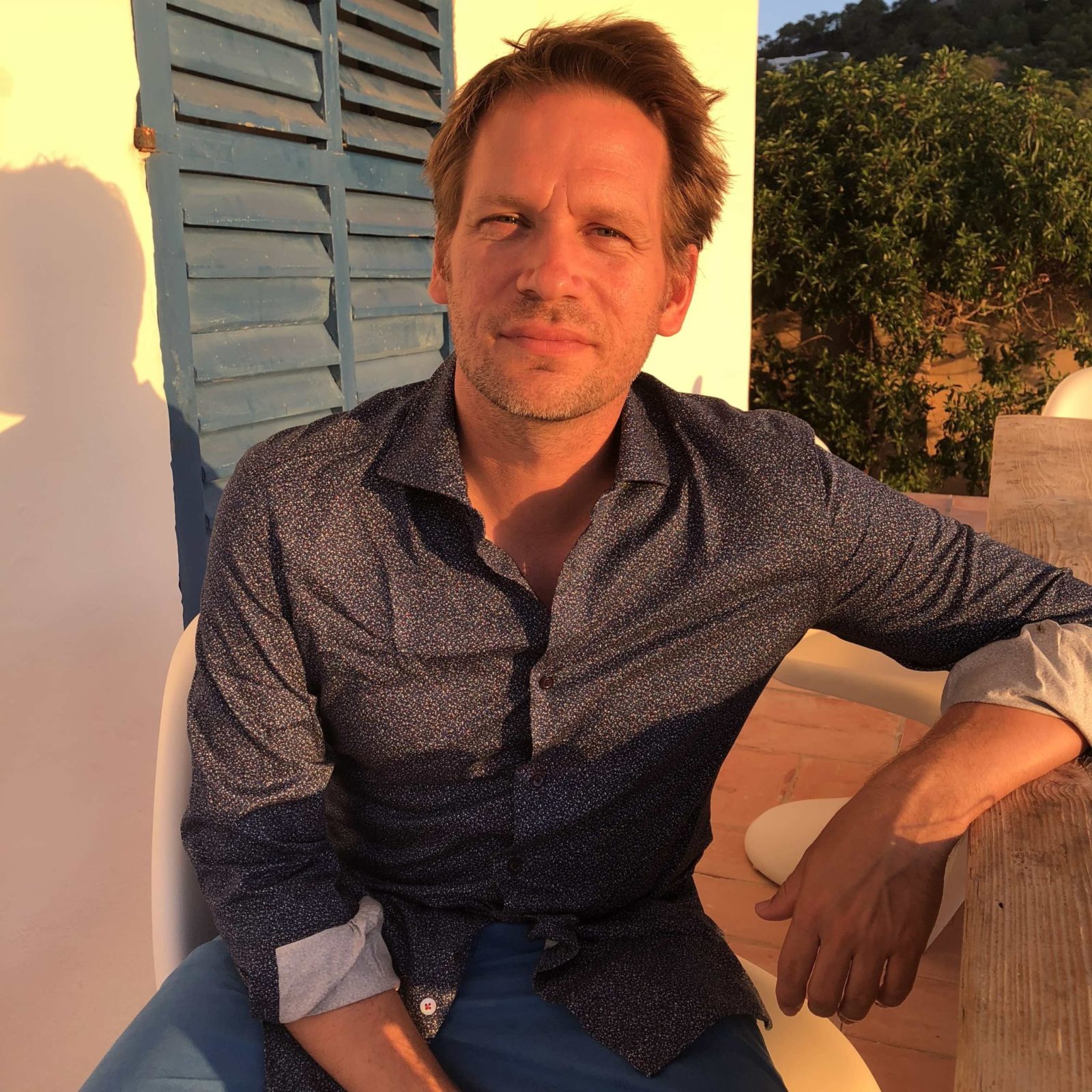
John Freeman
John Freeman
John Freeman is the founder of the literary annual Freeman’s and editor of multiple anthologies, including The Penguin Book of the Modern American Short Story (2021). Other books include How to Read a Novelist, The Tyranny of E-mail: The Four-Thousand-Year Journey to Your Inbox, and two volumes of poetry, Maps and The Park. His work has been translated into more than 20 languages and has appeared in the New Yorker, the Paris Review, and the New York Times. He is currently an artist-in-residence at New York University and executive editor at Knopf.
-
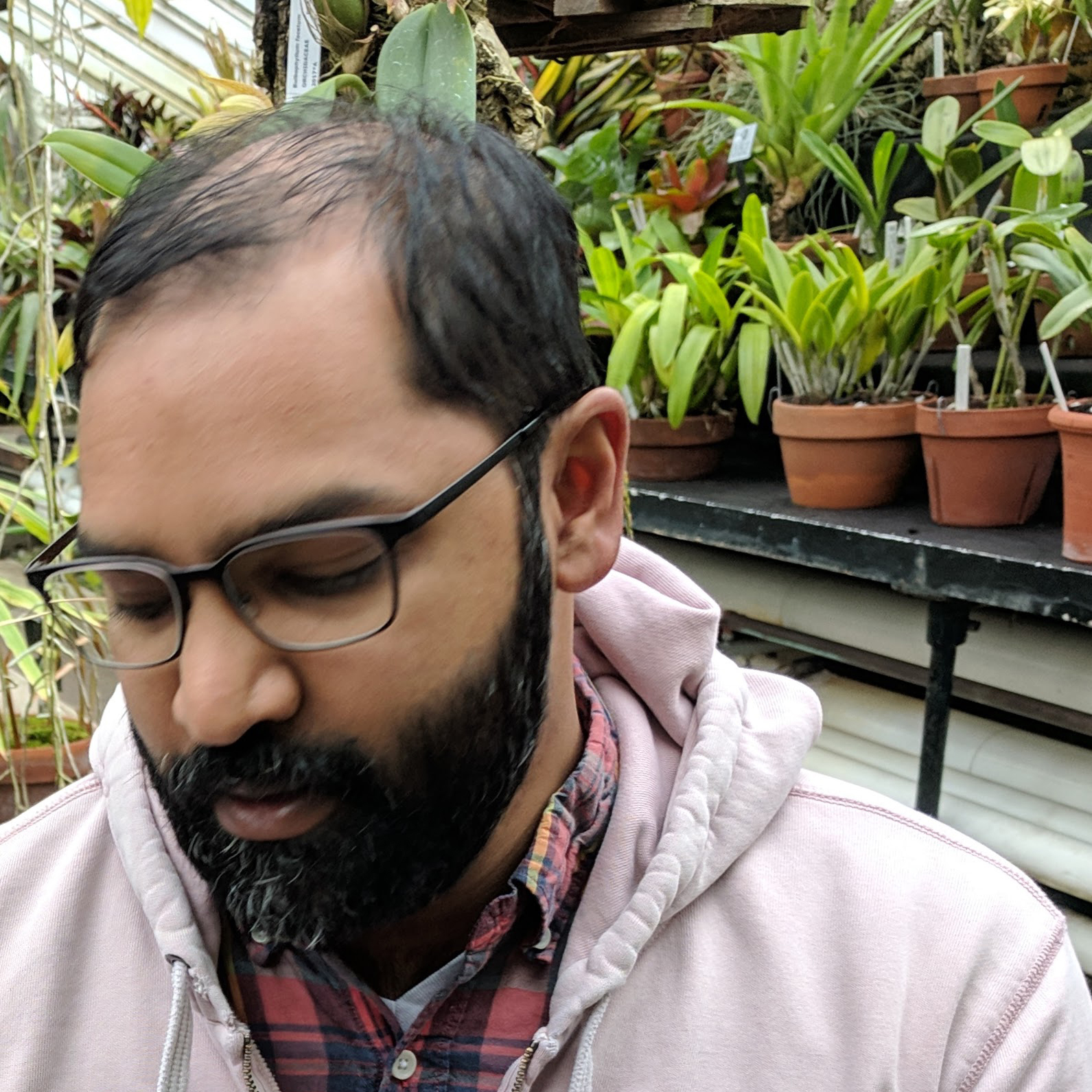
Sumanth Prabhaker
Sumanth Prabhaker
Sumanth Prabhaker is the editor of the environmental magazine Orion. On the side, he runs the operations of Madras Press, a charitable publisher whose catalog includes work by Lydia Davis, Ben Marcus, and David Foster Wallace. He received an MFA from the University of North Carolina Wilmington, where he was an editor for Ecotone. He lives with his wife and children in western Massachusetts.
-
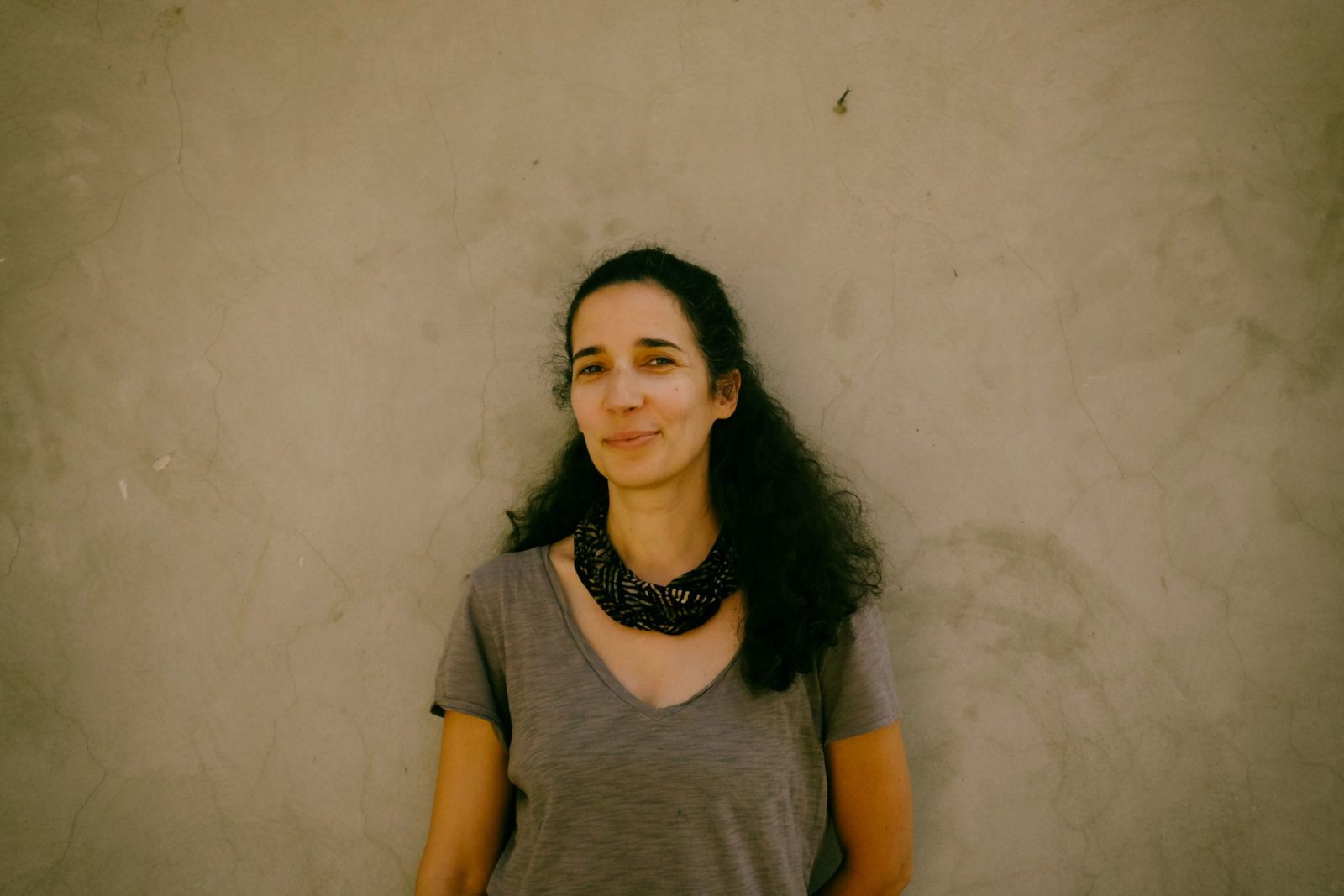
Emily Raboteau
Emily Raboteau
Emily Raboteau is a critic, street photographer and author of The Professor’s Daughter and Searching for Zion, winner of an American Book Award. Her themes are race, social and environmental justice, parenting, and public art. A creative writing professor at the City College of New York, she lives and gardens in the Bronx.
Photo Credit: Aysegul Savas
-
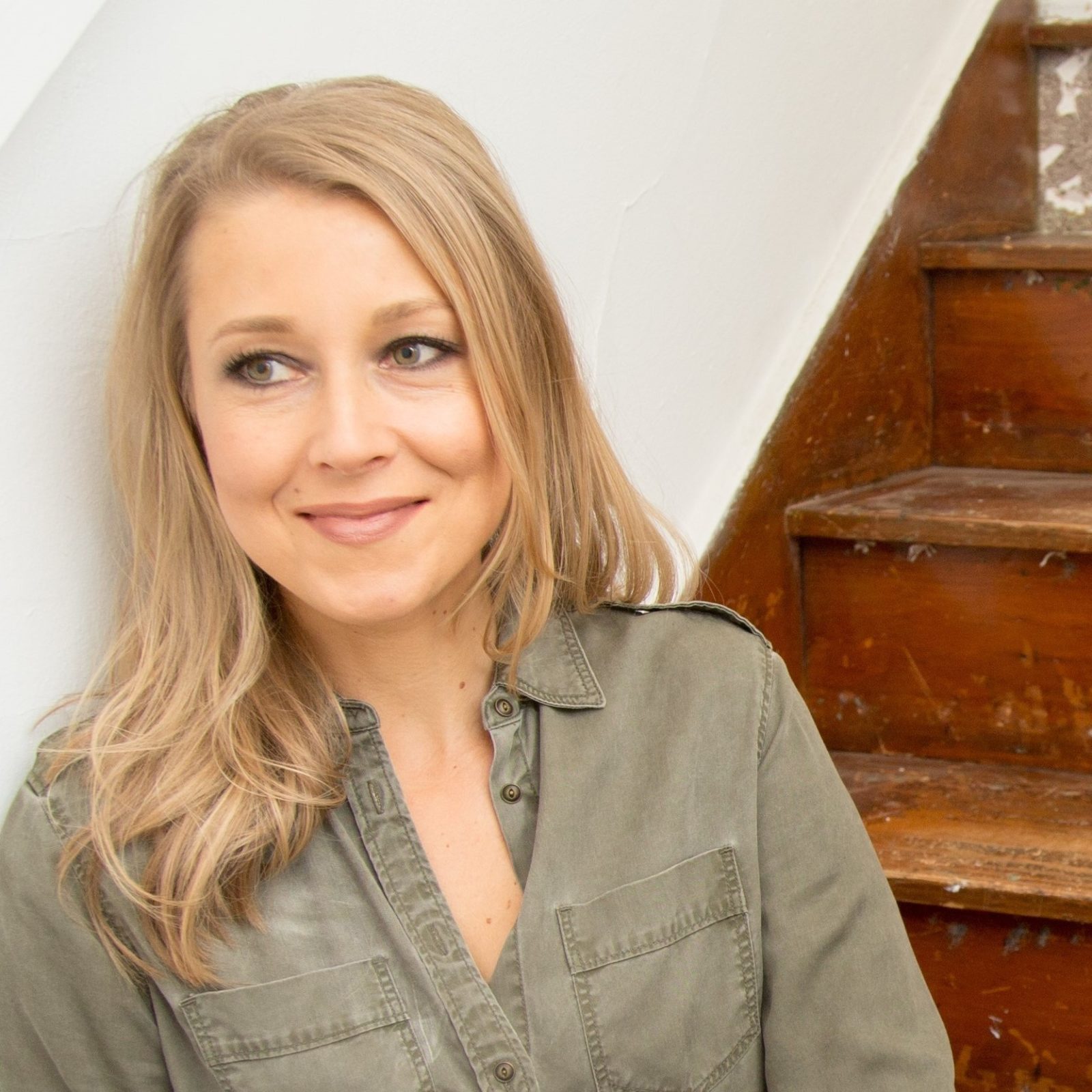
Sarah Smarsh
Sarah Smarsh
Sarah Smarsh is a journalist who has reported for the New York Times, the Guardian, and many other publications. Her first book, Heartland: A Memoir of Working Hard and Being Broke in the Richest Country on Earth, was a finalist for the National Book Award. A 2018 research fellow at Harvard University’s Shorenstein Center on Media, Politics and Public Policy, Smarsh is a frequent speaker and commentator on economic inequality. She lives in Kansas.
Photo Credit: Paul Andrews
-
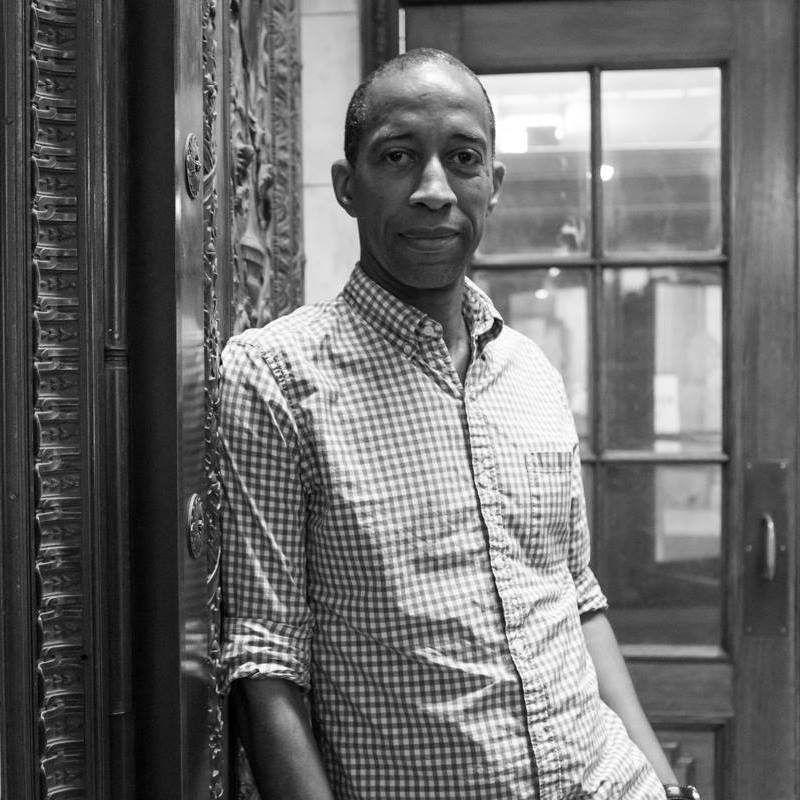
Garnette Cadogan
Garnette Cadogan
Garnette Cadogan is an essayist. He is the Tunney Lee Distinguish Lecturer in Urbanism at MIT, Senior critic in the Department of Sculpture of at Yale School of Art, and a Fellow at the Institute for the Advanced Studies and Culture at University of Virginia.
